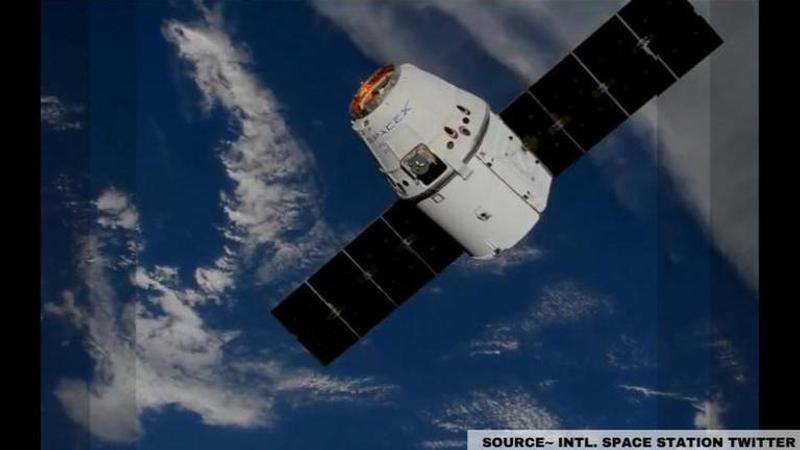Published 12:25 IST, March 16th 2020
ISS scientists will now grow human organs with stem cells in space; Learn how
ISS scientist are all set to experiment on stem cells in zero gravity to grow human organs. Check out how they are planning to do it and how will it help us.

Astronauts in the International Space Station are known to do some amazing research and experiments such as testing the impact of space on the human body, bacteria and other organisms as well as the effects of microgravity. These experiments cannot be tested on the Earth and so ISS scientists commenced their experiments on the lower orbit of the Earth in the year 2000. In the past, ISS experiments included growing lettuce in low gravity and the researchers successfully monitored how cells work in conditions apart from Earth. Now, the International Space Station is going to conduct experiments to understand how human cells function in low gravity.
ISS experiments on stem cells to grow tissue implants in zero gravity
Source: ISS TWITTER
The ISS is going to experiment on stem cells collected from several patients from Earth. NASA received a shipment of 250 test tubes from SpaceX’s CRS-20 resupply mission. These test tubes contained adult stem cells collected from several patients. The shipment was launched SpaceX’s CRS-20 on March 7, 2020.
According to scientists, the stem cells will naturally form themselves into three-dimensional tissues with the help of zero gravity. On Earth, these tissues are generally flat and called 'monolayer' which hinders such experiments.
Source: CubeLab Space Tango
These ISS experiments are getting conducted in 'CubeLab Module' which is a small laboratory created by the company 'Space Tango'. This tiny lab contains an enclosed sterile system which will assist these cells to grow at a constant temperature.
How will this ISS experiments on stem cells in zero gravity help humanity?
These ISS experiments will help scientists to grow tissue implants like liver cells, cartilage, bones and more from stem cells. This will not only help them to grow human organs but it will also aid in eliminating the use of animal organs for testing.
Speaking of which, Professor Oliver Ullrich at UZH Space Hub said in a statement, "Artificially produced autologous human tissue could be used to determine which combination of drugs is the most suitable for the patient in question. In addition, human tissue and organ-like structures produced in space could help to reduce the number of animal experiments."
The ISS will observe the growth of the stem cells for a month and after that, the samples will be sent back to Earth and the scientists will conclude their experiment. The small laboratory will be converted into a larger one if the conclusion of the test project is successful. Ullrich also mentioned in his statement that, "In a few decades, humankind will use the low Earth orbit as a routine place for research, development and production."
Updated 12:25 IST, March 16th 2020





